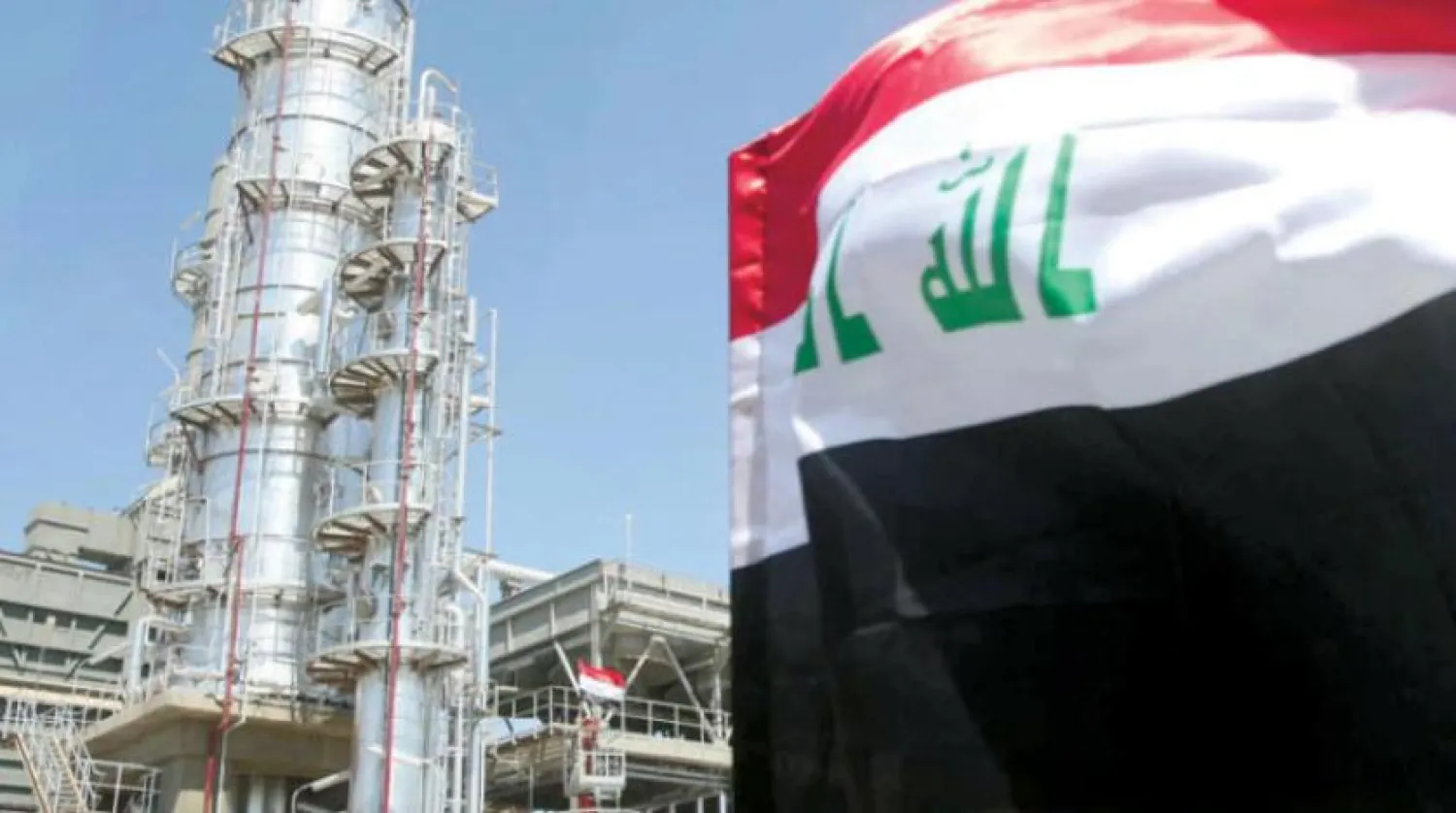Iraq’s state oil marketing company, SOMO, said on Saturday Iraq sees no need to take any decision to increase its production capabilities beyond what has already been planned for OPEC countries.
In the light of increased demand for energy, Iraq sees the OPEC+ agreement raising its output by 400,000 barrels per day (bpd) a month, sufficient to meet demand and stabilize the market, SOMO added in a statement.
“Meanwhile Iraq seeks to increase gas production through increasing investment in gas fields,” SOMO added.
An OPEC+ committee largely stuck to forecasts of a strong demand rebound this year and next ahead of a meeting next week, at which the group is expected to rubber stamp a planned output increase of 400,000 barrels per day (bpd) in December.
The Joint Technical Committee (JTC), which met on Thursday, now expects oil demand to grow by 5.7 million bpd in 2021, 120,000 bpd below OPEC's forecast in its latest monthly report, two OPEC+ sources said, Reuters reported.
The JTC left its demand forecast for next year steady at 4.2 million bpd, one of the sources said.
OPEC+ forecasts are still higher than those of the International Energy Agency (IEA), which expects oil demand to grow by 5.5 million bpd in 2021 and 3.3 million bpd in 2022.
Ministers from the Organization of the Petroleum Exporting Countries (OPEC), Russia and their allies - collectively known as OPEC+ - meet on Nov. 4 to decide output policy.
This week Russian Deputy Prime Minister Alexander Novak told Reuters he expected OPEC+ to go ahead with its planned increase for December, as previously agreed.
"Demand (for oil) can decline as there is still uncertainty. We also see there is yet another pandemic wave spreading across the world," Novak said.
"The situation of the oil market indicates that the increase in December ... should not exceed 400,000 bpd," state news agency APS quoted Algerian Energy Minister Mohamed Arkab as saying on Thursday.
Oil prices were trading above $84 a barrel on Friday, within sight of a three-year high of $86.70 hit this week.
Saudi energy minister Prince Abdulaziz bin Salman twice dismissed calls this week by major consumer nations to speed the rate of OPEC+ production increases, saying the group does not expect crude oil shortages in the market.
"With OECD commercial oil inventories 5.4% below the five-year average and demand rapidly normalizing, OPEC+’s preference to keep production policy unchanged reflects an alliance that is significantly more tolerant of higher prices," JP Morgan said in a note.









